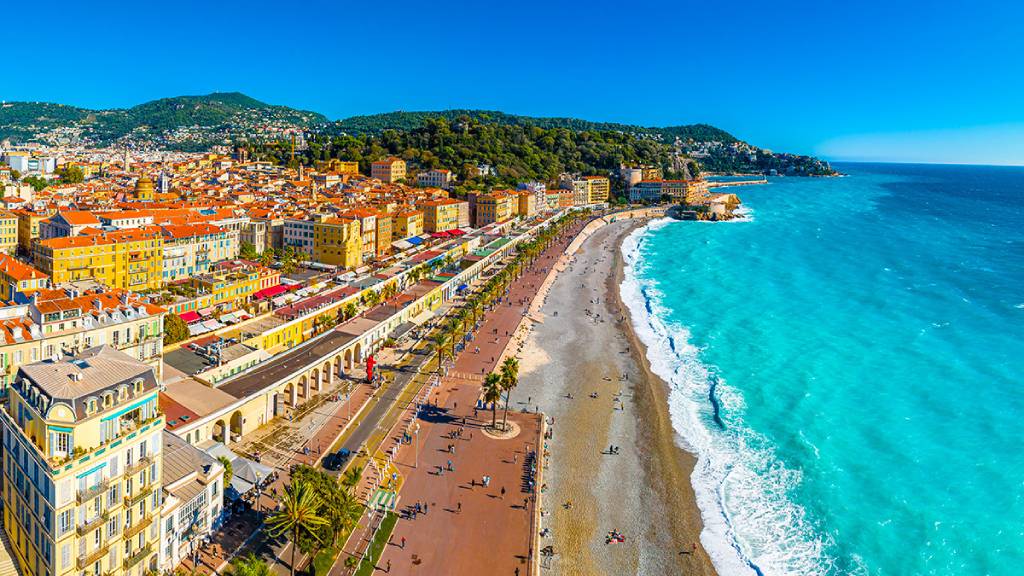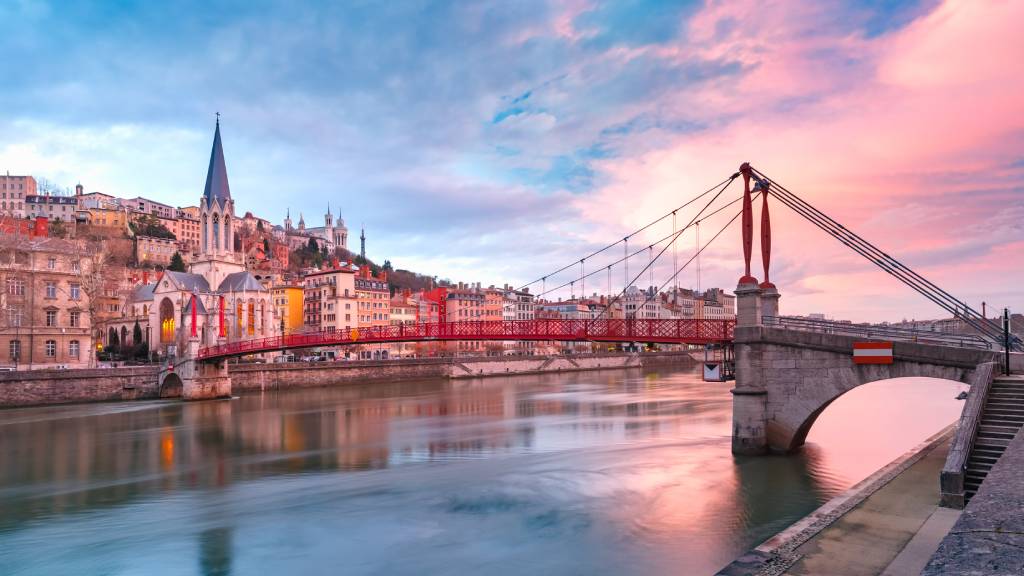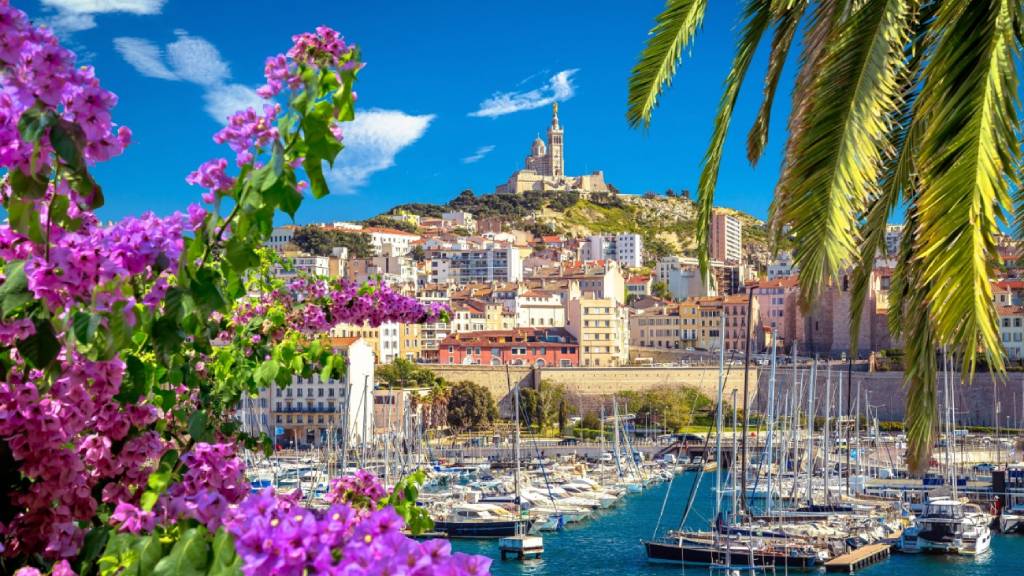
Marseille is France’s oldest city and its most dynamic port—a beautiful, gritty, and fiercely independent place that pulsates with Mediterranean energy. It’s a true melting pot, with cultures mixing in the *Vieux Port* (Old Port) for centuries. I loved the contrasts here: the historical grandeur of Notre-Dame de la Garde overlooking the city, the narrow streets filled with diverse food smells, and the raw beauty of the nearby Calanques cliffs. This city doesn’t try to be polished; it’s authentic, loud, and full of life. If you’re looking for a deep dive into French history combined with a modern, vibrant, and multi-cultural buzz, Marseille is the place to be. Keep reading for my essential guide to this unforgettable Mediterranean city.
Why Visit Marseille?
Marseille offers a unique, authentic French experience, blending millennia of history with a vibrant, multicultural contemporary scene. Here’s why you need to put Marseille on your list:
- The Old Port (Vieux Port): The historic and social heart of the city, where fishermen still sell their catch, surrounded by bustling cafes and restaurants.
- Notre-Dame de la Garde: Visit the magnificent basilica, affectionately nicknamed “La Bonne Mère,” which offers the best panoramic views of the city, port, and sea.
- The Calanques National Park: Hike, boat, or kayak through these stunning, fjord-like inlets with dramatic limestone cliffs and turquoise waters—a major natural draw.
- Multicultural Cuisine: Sample the city’s specialty, *bouillabaisse* (a rich fish stew), and explore the countless North African, Provençal, and global eateries.
- Le Panier Quarter: Explore the oldest district, a charming maze of steep, narrow streets, colorful houses, artisan shops, and street art.
Marseille is a raw, beautiful, and historical port city that is truly the gateway to Provence and a destination in itself.
What Are the Best Things to Do in Marseille? (For Your First Visit)
Vieux Port
Bustling historic harbor where fishing boats bob alongside yachts—watch the daily fish auction and savor fresh bouillabaisse amid seaside cafés. Small group sightseeing tour via Viator including the port.
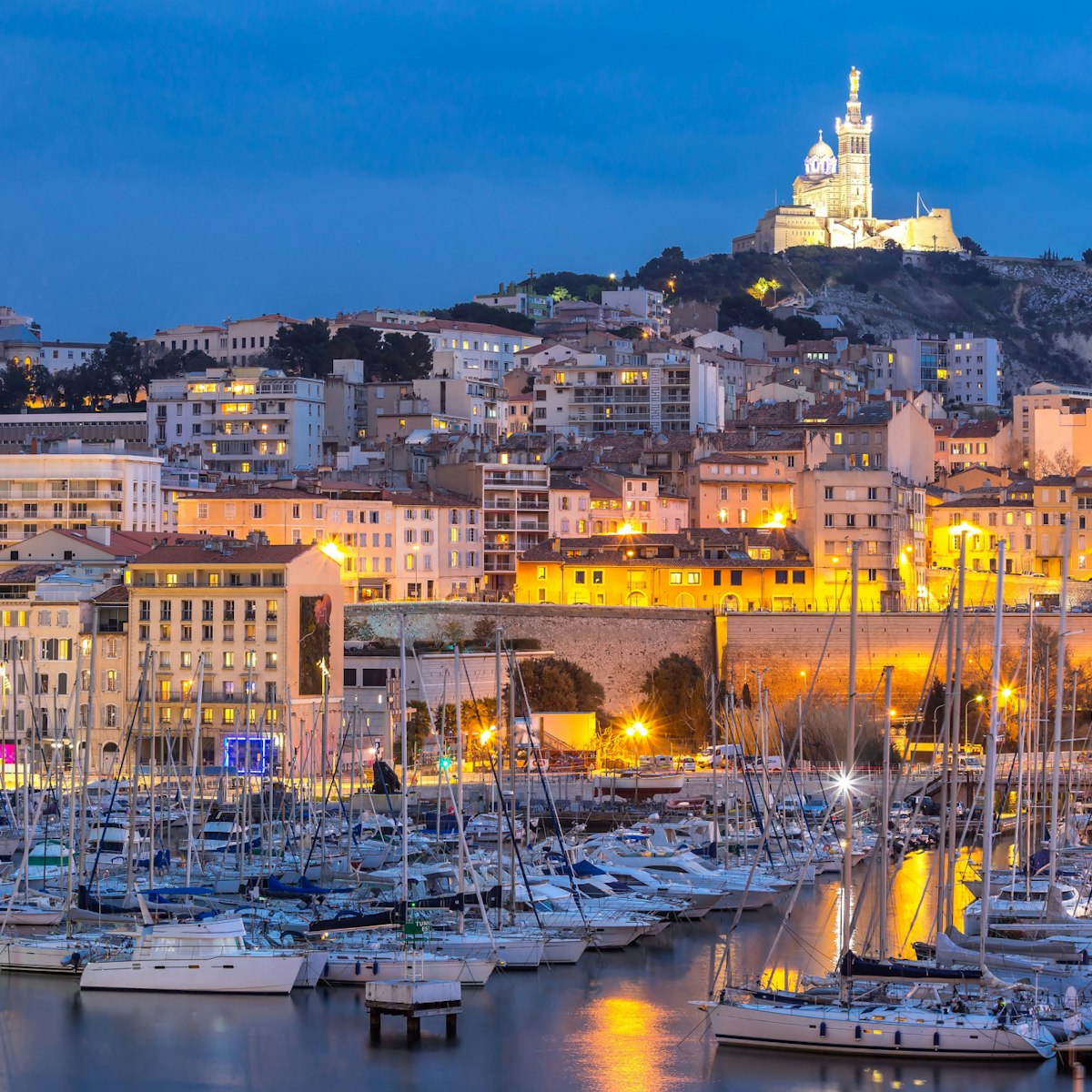
Basilique Notre-Dame de la Garde
Iconic hilltop basilica crowned with a golden Madonna—climb for sweeping 360-degree views of Marseille’s rooftops and Mediterranean coastline. Half-day guided tour via GetYourGuide with Panier.

Le Panier
Marseille’s oldest neighborhood with colorful facades, street art, and hidden courtyards—stroll labyrinthine alleys evoking the city’s multicultural roots. Audio-guided walking tour via TripAdvisor of the historic district.
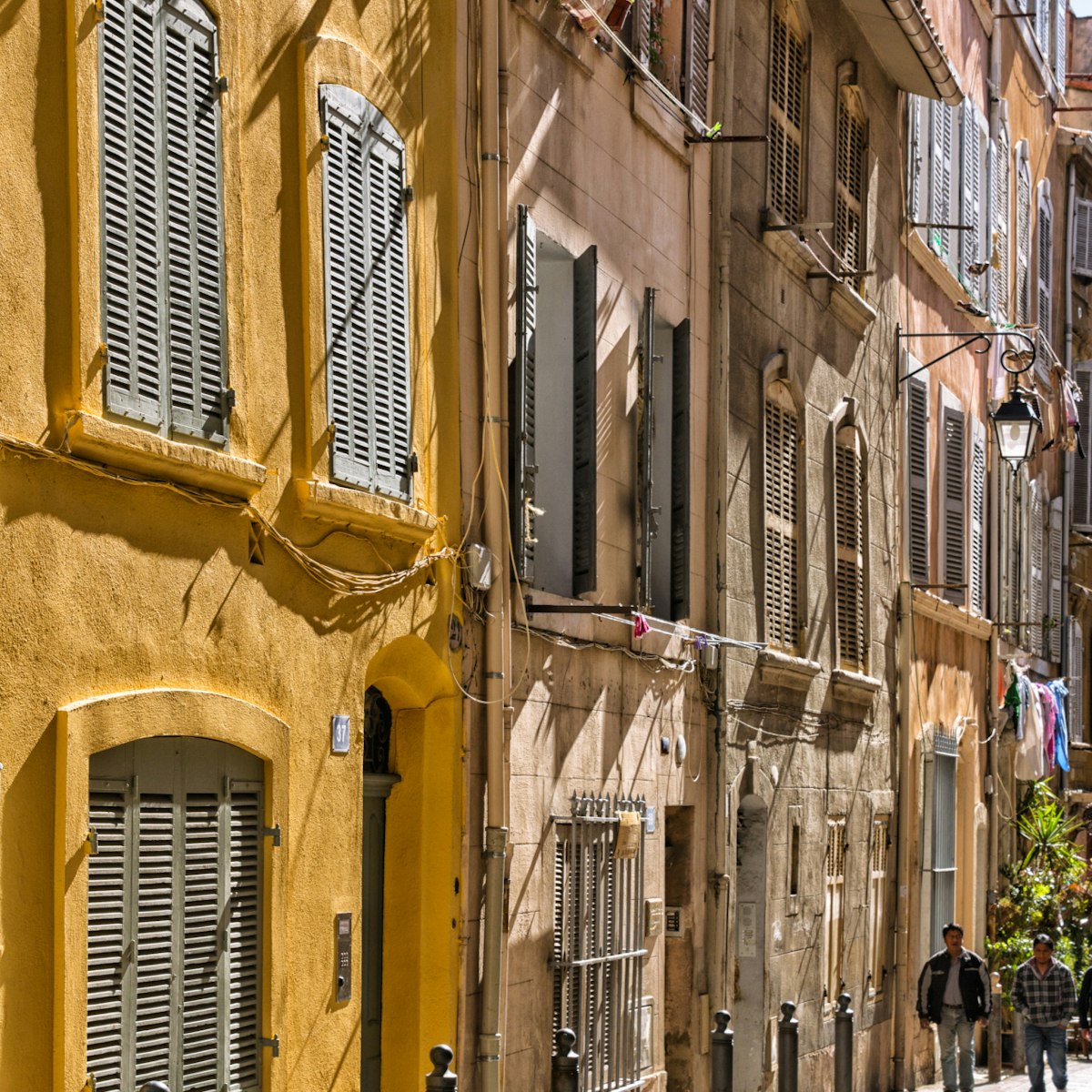
Parc National des Calanques
Stunning limestone cliffs plunging into turquoise coves—hike rugged trails or kayak through hidden inlets for dramatic coastal scenery. Guided hiking tour via Viator with swim stops.

Château d’If
Island fortress immortalized in The Count of Monte Cristo—ferry out to explore ramparts and cells with panoramic sea views. Catamaran boat tour via GetYourGuide to the island.
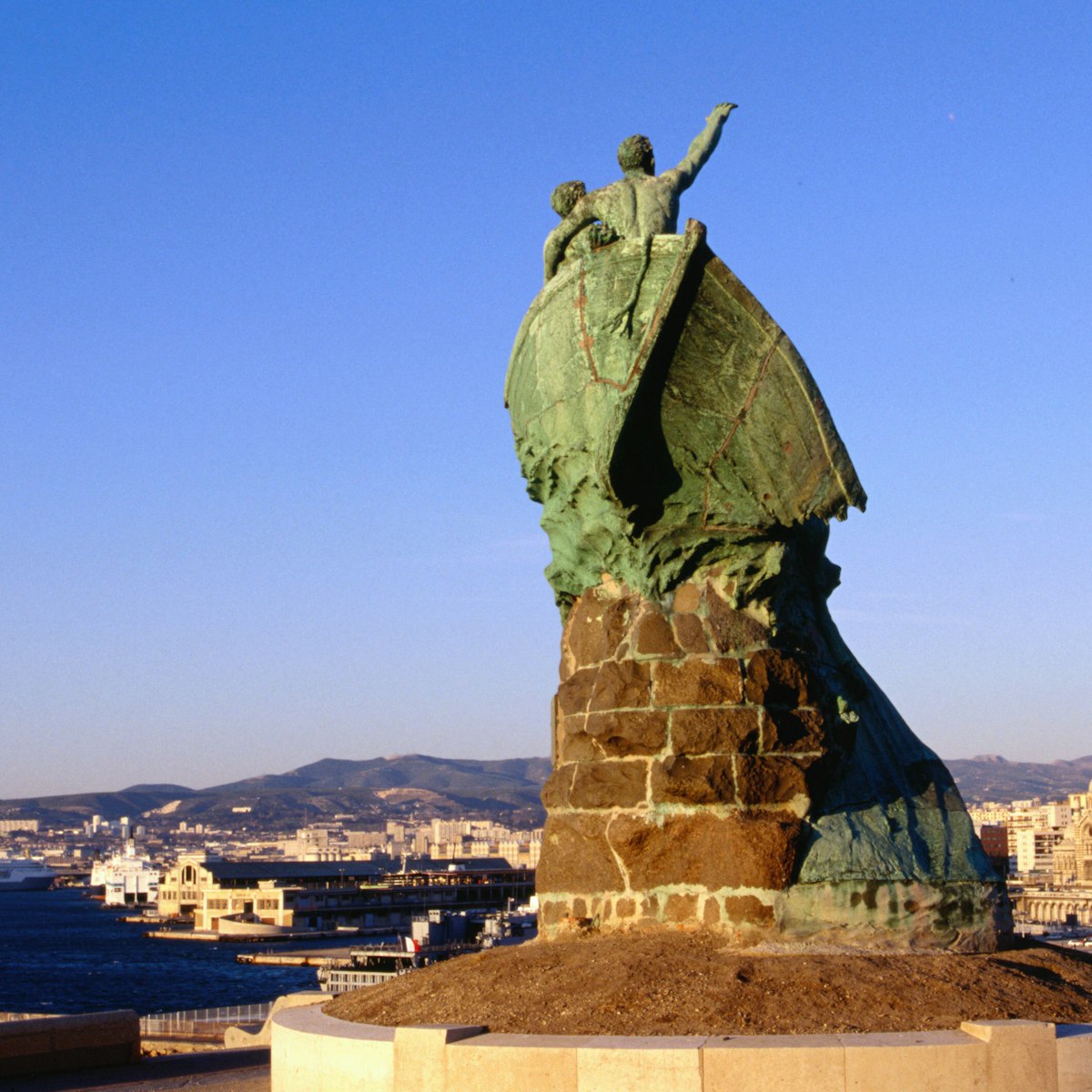
MuCEM
Futuristic museum bridging Europe and the Mediterranean—delve into cultural exhibits amid striking architecture on the waterfront. Skip-the-line self-guided tour via TripAdvisor entry ticket.

Cathédrale de la Major
Byzantine-Romanesque cathedral with striped marble facade and sea views—wander cavernous interiors adorned with mosaics and relics. 4-hour guided city tour via Viator including the cathedral.

Abbaye Saint-Victor
Ancient abbey founded in the 5th century with crypts and Romanesque crypt—explore sacred underground chambers and hilltop serenity. Walking tour via GetYourGuide from Old Port.

La Vieille Charité
17th-century Baroque poorhouse turned cultural center—host to museums and exhibitions in a sunlit courtyard surrounded by galleries. Private city game tour via TripAdvisor featuring the site.
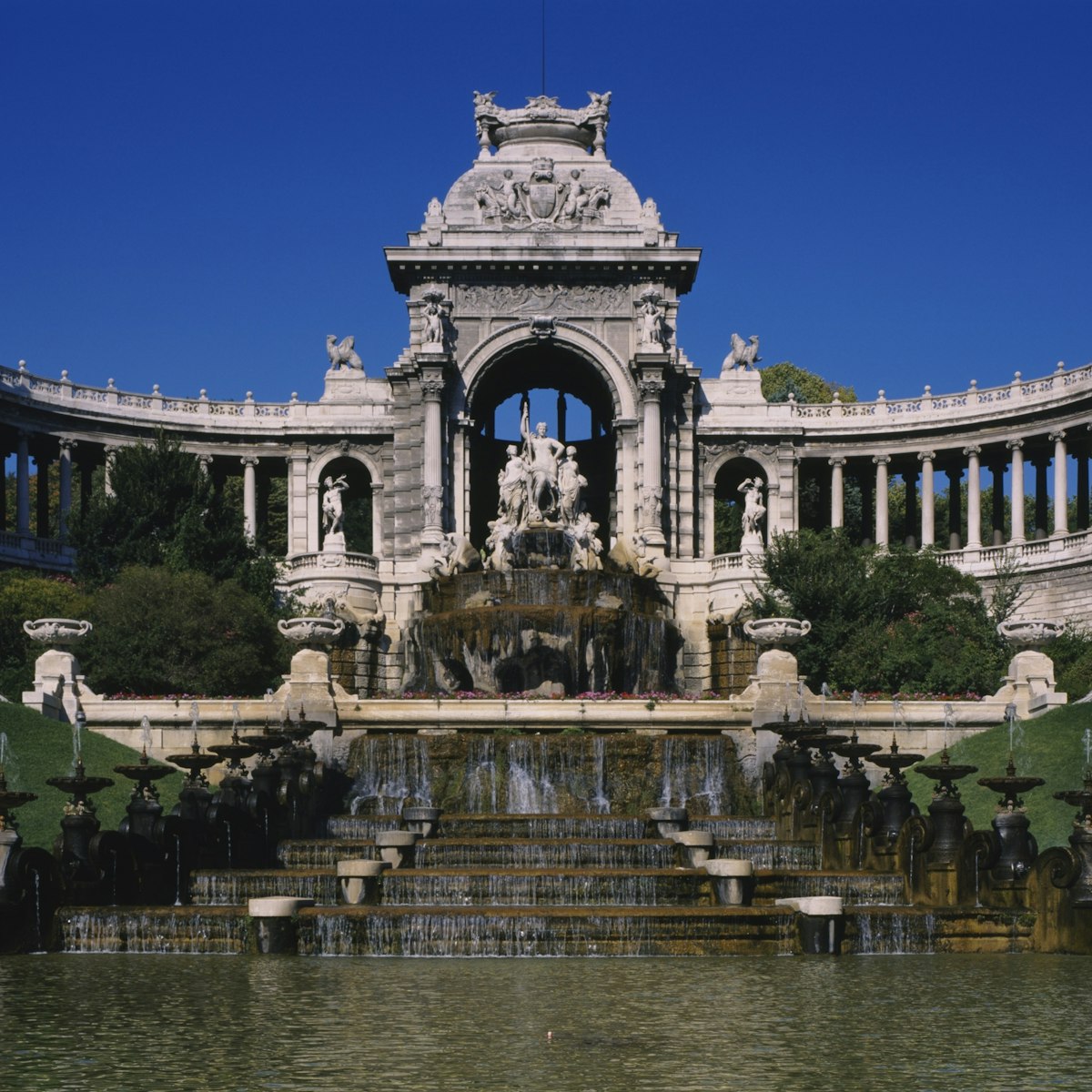
Cours Julien
Bohemian quarter alive with street art, indie shops, and vegan eateries—dive into Marseille’s edgy creative scene amid vibrant murals. Street art walking tour via Viator of the district.
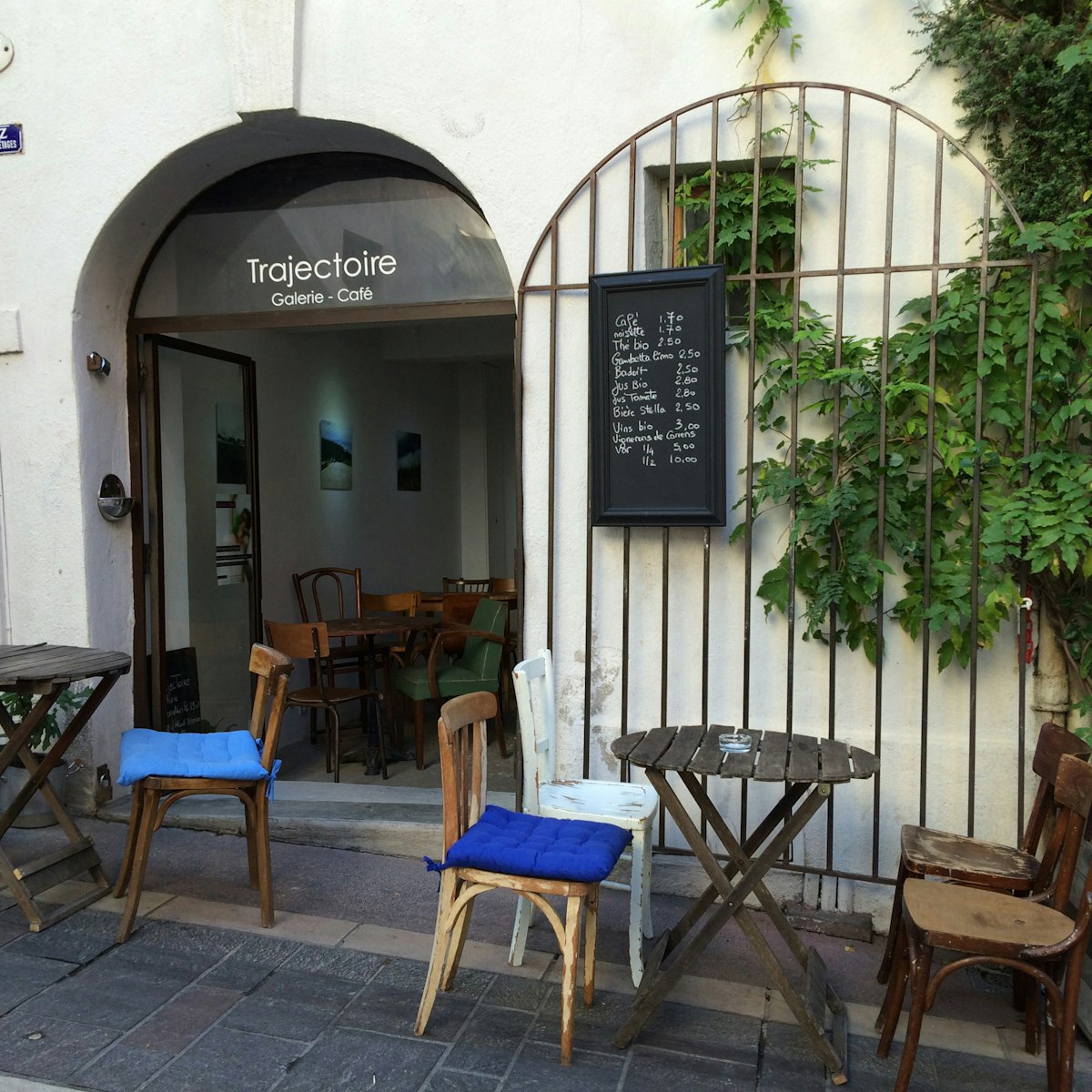
More Popular Tours in Marseille
What’s the Best Month to Visit Marseille?
Marseille, a bustling port city, welcomes visitors anytime, but fall delivers the sweetest spot for exploration. September to November features balmy 60–75°F days and calm vibes, ideal for calanque hikes, fresh seafood feasts, and sailing in the Mediterranean. Spring (April–May) mirrors this with blooming wildflowers and 55–70°F temps for market wandering. Summer (June–August) heats up to 80°F for beach parties, while winter (December–February) is cooler (45–55°F) but rich in cultural events.
How to Get to Marseille
Marseille is served by Marseille Provence Airport (MRS), located 27 km northwest of the city. It’s a busy regional airport with connections across Europe and North Africa—check WayAway for flight options. From the airport:
- Airport Shuttle Bus: The rapid shuttle runs frequently between the airport and the central Saint-Charles train station. ($10, 25 min).
- Train (SNCF): Marseille Saint-Charles is the major hub for TGV trains, linking the city to Paris, Lyon, and Spanish cities.
- Taxi: Available outside the terminals. Expect to pay a fixed rate to the city center, which is mandatory during the day. ($50–60, 30 min).
- Car Rental: Rent via DiscoverCars if planning to visit Aix-en-Provence or the Camargue region.
Saint-Charles station is centrally located and serves as the main interchange for city and regional transit.
How to Get Around Marseille
As a large port city, Marseille requires a mix of walking and public transport. The city’s network (RTM) includes two Metro lines, three Tram lines, and numerous buses, all interconnected.
- Metro (Lines M1, M2): Efficient for crossing the city quickly and connecting the main port area with outer districts.
- Tram: Excellent for traversing the city center and the eastern districts with street-level views.
- Walking: The entire Old Port (Vieux Port) and Le Panier (Old Town) areas are best explored on foot.
- Ferryboat: A charming, small boat that crosses the Old Port from one side to the other. ($0.50, 5 min).
- Tickets: A single ticket is $1.70, and passes (24-hour, 72-hour) are available for unlimited use.
Tips for Tourists Using Transport:
- Use the Metro to go from Saint-Charles station to the Vieux Port (Line M1 or M2).
- Take the bus (Line 60) up to Notre-Dame de la Garde for amazing panoramic views; it’s too far and steep to walk comfortably.
- Marseille has a reputation for being rough around the edges—be discreet with valuables, especially on crowded transport and around the main station at night.
Conclusion: Marseille is a vibrant, sun-baked city that combines gritty urban life with stunning Mediterranean views. Rely on the Metro and Tram to connect the main urban centers, and save your walking for the Old Port and the bustling markets. Embrace the energy of France’s second-largest city. Plan your exploration of Provence’s capital with our comprehensive Marseille guide!
Note: This article contains affiliate links. If you purchase something I’ve recommended, I’ll earn a small commission at no extra cost to you. I really appreciate your support and I hope this guide helps you ♡








